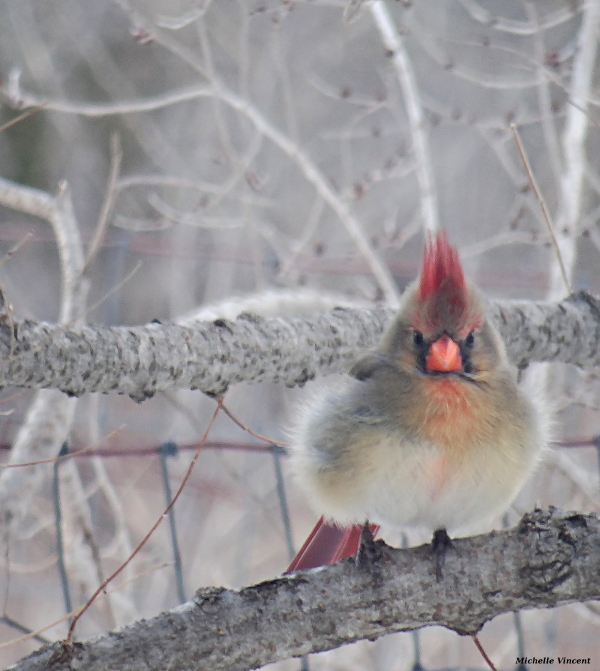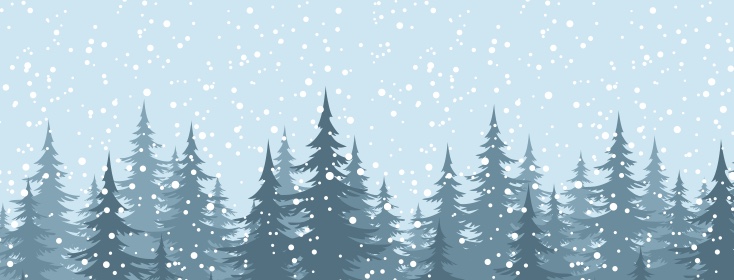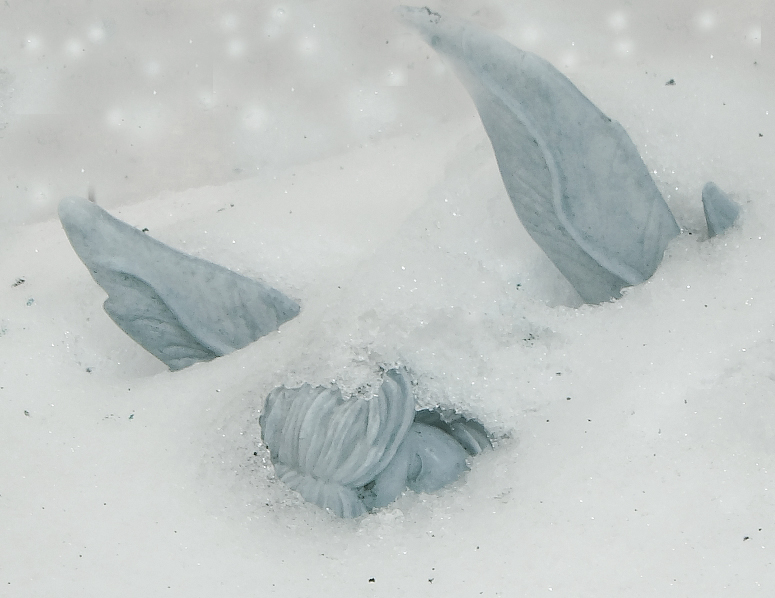The Winter of Our Discontent: Mental Effects
“I shall see the springtimes, the summers, the autumns;
And when Old Winter puts his blank face to the glass,
I shall close all the shutters and draw all the drapes
So I can build at night my fairy palaces.
Then I shall dream of pale blue horizons, gardens,
Fountains weeping into alabaster basins,
Of kisses, of birds singing morning and evening,
And of all that is most childlike in the Idyll.
Riot, storming vainly at my window,
Will not make me raise my head from my desk,
For I shall be plunged in the voluptuousness
Of evoking the Springtime with my will alone,
Of drawing forth a sun from my heart, and making
Of my burning thoughts a warm atmosphere.
-- Charles Baudelaire, 'Landscape,' Les Fleurs du Mal
Old Winter is at the glass. And it's time to build our defenses.
For those of us in the mid-to-northern climes, winter is often stark, blank, snowy white. The days are colder and we get less sunshine. At times it can seem interminable and even  unbearable.
unbearable.
In this article, Part I of a two-part piece, I'm talking about the mental effect winter has on us.
"Are the days of winter sunshine just as sad for you, too? When it is misty, in the evenings, and I am out walking by myself, it seems to me that the rain is falling through my heart and causing it to crumble into ruins." -- Gustave Flaubert
If you feel worse during the autumn and winter, even more depressed than normal, you are not alone. In fact, you may have what's called Seasonal Affective Disorder (SAD). This is a real type of depression caused by the changes in seasons. Usually people have trouble with autumn and winter, but there are some who have trouble with spring and summer. In this article I'm going to specifically speak about autumn/winter.
The Mayo Clinic describes three possible causes for SAD:
- Your biological clock (circadian rhythm). The reduced level of sunlight in fall and winter may cause winter-onset SAD. This decrease in sunlight may disrupt your body's internal clock and lead to feelings of depression.
- Serotonin levels. A drop in serotonin, a brain chemical (neurotransmitter) that affects mood, might play a role in SAD. Reduced sunlight can cause a drop in serotonin that may trigger depression.
- Melatonin levels. The change in season can disrupt the balance of the body's level of melatonin, which plays a role in sleep patterns and mood.
"When all the world appears to be in a tumult, and nature itself is feeling the assault of climate change, the seasons retain their essential rhythm. Yes, fall gives us a premonition of winter, but then, winter will be forced to relent, once again, to the new beginnings of soft greens, longer light, and the sweet air of spring." -- Madeleine M. Kunin
There is some good news about SAD, though.
First, since it is seasonal it has an end. Spring WILL arrive and everything will bloom anew. The depression will subside.
Secondly, there are things you can do during the fall and winter to minimize the symptoms. Talk to your doctor about these, so s/he can prescribe treatment. Phototherapy, also called light therapy, is another possible option. There are lights that mimic the effects of sunlight and they are available in many places, including online. Opening curtains and going outside during the warmer days are also said to be helpful.
The website mayoclinic.org also lists some alternative therapies, although it warns: “Keep in mind that nutritional and dietary products aren't monitored by the FDA. You can't always be certain of what you're getting and if it's safe. Also, because some herbal and dietary supplements can interfere with prescription medications or cause dangerous interactions, talk to your health care provider before taking any supplements.” These therapies include St. John's Wort, SAMe (pronounced Sammy), Melatonin, and Omega-3 fatty acids such as are found in flaxseed.
"For never-resting time leads summer on
To hideous winter and confounds him there;
Sap cheque'd with frost and lusty leaves quite gone,
Beauty o'ersnow'd and bareness every where."
-- William Shakespeare, Sonnet 5
There are more reasons besides SAD that we might feel depressed in wintertime.
It's cold. It's drab. Dreary.
If you live where it snows a good deal, you may be stuck inside for periods of time.
The holidays can actually be stressful for us, not being able to go shopping without lots of planning, and experiencing fatigue that prohibits us from holiday activities. We may not be able to bake or cook as much as we used to. We may not be able to host parties like we want to. We may not have the energy to put up and decorate a tree, or lights, or wreaths. We may not be up to observing the Advent wreath lighting and observance each night, or with lighting the menorah and observing Hanukkah for eight nights. For those of us on a limited income, we may not be able to give gifts. It can be a sad time for people with COPD; some of us feel pretty isolated and alone.
Luckily, there are things we can do to help ourselves here too.
Again, talk to your doctor to see if there is a treatment they can prescribe.
"The color of springtime is in the flowers; the color of winter is in the imagination." -- Terri Guillemets
1. Learn something new. For the winter blues I have found that learning a new skill, or about a time and place in history, or delving into a subject I've been curious about is a great way to occupy my time and my mind. This winter so far it's been the Victorian era and 19th century novelists. I also plan on exploring either macro or black and white photography. There's so much out there to know; see what tickles your fancy.
"There must be those among whom we can sit down and weep and still be counted as warriors." -- Adrienne Rich
2. Support groups can be helpful and there are a good number of COPD groups around the world.COPD.net has a good group on Facebook. I belong to around four groups online, each with their own strengths. The communities can be a great place to talk about your diagnosis, your struggles, and your triumphs. It's always nice to talk to people who are going through the same thing. Support groups also share information and answer questions, though you should always research for yourself and/or ask your doctor.
3. Speaking of doctors, if you can, see a therapist. Talking to one can be very helpful. Some clinics employ counselors who accept patients on a sliding fee according to your income, which makes seeing them affordable. Medicare also covers mental therapy, but make sure you know what your copay will be before you go. Most private insurance will also cover it but, again, make sure of your copay.
"In winter-time visions of Spring and Summer are conjured at will by poets..." -- Helen Rose Anne Milman Crofton, My Kalendar of Country Delights
One of the things that helps me get through winter the most is to write about it.
Through writing, I can do like the poem above and “shall be plunged in the voluptuousness/Of evoking the Springtime with my will alone/Of drawing forth a sun from my heart, and making/Of my burning thoughts a warm atmosphere.” Writing out these burning thoughts can warm me, can let me create my own “fairy palace” full of beauty and sunshine and gardens. Best of all, I get to complain over and over and over when I write for myself and no one tells me to stop whining. I like to complain and whine. It does me good. I swear.
Of course, the best thing I like to do in winter – and the rest of the year – when I feel low is to read. A good book can take your mind on adventures that your body couldn't go. I think this quote says it perfectly:
“In the winter she curls up around a good book and dreams away the cold.” – Ben Aaronovitch, Broken Homes
May your winter be stress-free and the spring come early.
In Part Two of this series, I will talk about the effects a cold winter has on COPD patients physically.


Join the conversation